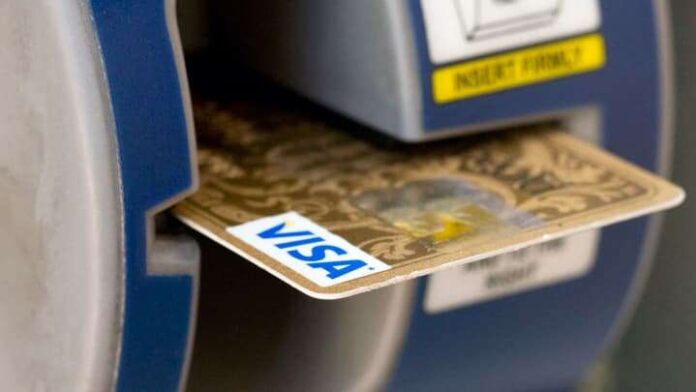WASHINGTON: The Justice Department is looking at Visa Inc’s debit practices, the company said on Friday, after reports the United States was investigating whether the credit card company uses anticompetitive practices in the debit-card market.
“The U.S. Department of Justice has informed Visa of its plans to open an investigation into Visa’s U.S. debit practices,” the company said in a securities filing. “We have received a notice to preserve relevant documents related to the investigation.”
The Justice Department is probing whether Visa uses anticompetitive practices in the debit-card market, a source familiar with the matter said on Friday. The Wall Street Journal, which first reported the news, said the Justice Department’s antitrust division was looking in to whether Visa limited merchants’ ability to route debit-card transactions over card networks that are often less expensive.
“We believe Visa’s U.S. debit practices are in compliance with applicable laws,” the company said. “Visa is cooperating with the Department of Justice.”
Visa shares fell sharply on Friday, sinking 6.2% to close at $206.90.
The Justice Department declined comment on Friday.
Merchants have long complained about the high cost of network fees, or interchange fees, which can be 2% or more of each transaction and go to the financial institutions behind the transactions.
Industry group the Merchants Payments Coalition, which fights so-called swipe fees, called the probe good news. “The MPC has been concerned about these practices to limit debit routing for years and it’s great to see the Department of Justice looking in to it,” said spokesman Craig Shearman.
While such investigations are not unusual, this one comes amid a greater interest in the digital marketplace.
Earlier this year, Visa and fintech startup Plaid called off a $5.3 billion merger after the government sued to stop the deal and called Visa a “monopolist in online debit transactions.”
The Justice Department has previously investigated the credit card payments industry but settled with Visa and Mastercard Inc in 2010 when they agreed to allow merchants to offer consumers incentives to use a low-cost credit card.
American Express refused to settle. It took its battle with the Justice Department all the way to the Supreme Court, which ruled in 2018 that it was legal for American Express to forbid merchants from trying to steer consumers to cheaper cards.




